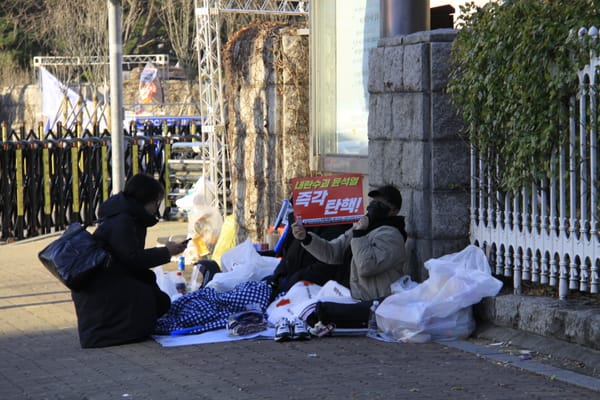Asia Undercovered 16 June 2020
This week: Sham trials in Xinjiang uncovered, kidnappings of activists across the Mekong, and the geopolitics of the Indian Ocean.
Undercovered this week
This big story in Deutche Welle uncovers China’s sham trials, in which Uyghurs are forced to choose their crimes. They’re then convicted. Thousands of innocent people are being transferred, this way, from concentration camps to prisons.
Meanwhile, RFA reports that another Uyghur cemetery is going to be demolished. The destruction of culture continues, as the world is distracted by a growing economic and health crisis – not that they were paying attention before anyway.
On a more hopeful note, remember how I shared last week that authorities had banned Hong Kong’s Tienanmen vigil? Well, it didn’t really work, as locals resisted and came out anyway.
The pandemic has shifted attention away from West Papua, which saw rising violence and unrest throughout 2019. In this piece for Lowy Interpreter, Johnny Blades argues that there needs to be more access to the region, in order to really understand the scale of human rights abuses.
On June 4, Thai activist Wanchalearm Satsaksit was kidnapped in Cambodia. This was only the latest in a series of forced disappearances that has taken places across the Mekong, reports Alastair McCready in Southeast Asia Globe.
Another threat to democracy in the Philippines – an anti-terrorism bill that could give President Rodrigo Duterte sweeping powers to stifle dissent, but is seeing active opposition (The Jakarta Post).
This collaborative piece in Inside Indonesia looks at the role of the #MeToo movement in Indonesia,focusing on the role of art and education in driving activism.
In Kashmir, the lockdown continues, as it has for decades.
Geopolitics in The Indian Ocean
The Indian Ocean plays a key role in maritime and military influence in South Asia, with China increasing its presence in recent years.
For an overview, read Armaan Srivastava’s piece in EurAsian Times which looks at why a Chinese military base near the Maldives and String of Pearls could threaten India. Also worth your time: this piece in Himal which takes a more critical view of the militaristic lens often taken when looking at the contest between India and China in the Indian ocean.
Fisheries is also an area of consternation in the Bay of Bengal, where four countries have EEZs. In this piece, Mohammad Arju argues that cooperation is needed if overfishing is to be dealt with (The Third Pole).
Solutions Stories
You may have heard of the Bajau people, Southeast Asian sea nomads whose aquatic lifestyle has attracted a lot of often superficial global coverage over the last years. For a more immersive, meaningful insight into their lives and culture, check out Sushma Subramanian’s piece in Hakai Magazine.
And I’m a sucker for beautiful old photos of Asia’s past. With the rapid change and urbanization many cities in the region has seen, it’s hard to imagine what places were like even just a few decades ago. That’s why I enjoyed this visual feature in Saigoneer that shared photos of the city from 1922-1932. They are beautiful.
Asia Undercovered: Journalist Nithin Coca’s weekly roundup of the news, events, trends and people changing Asia, but not getting enough attention in the US media.



